Last week saw the first major vote in Spain’s Parliament since Prime Minister Pedro Sánchez’s Socialists (PSOE) was controversially re-elected.
The vast majority of the coverage surrounding it wasn’t about the policies themselves but the complicated politics surrounding them.
Though two of the three bills were ultimately passed, the political bargaining that surrounded the vote revealed the frailty of the Spanish government’s position, and foreshadows the difficulties Sánchez’s coalition will likely have getting legislation on the books in the coming years.
READ ALSO: Frailty of Spain’s govt on show as Catalan separatists set to block new laws
The vote also highlighted infighting on the Spanish far-left (in which former coalition partner Podemos voted with the Partido Popular (PP) and far-right Vox).
However, the real story was Catalan separatists (mainly Junts per Catalunya but also Esquerra Republicana de Catalunya) gaining concessions from the government in key fields of governance in return for their votes.
Ultimately, Junts’ seven members did not vote against the government, as they had threatened, but abstained, saving Sánchez from an embarrassing political defeat. They did this “after reaching an agreement to improve self-government and the living conditions of the Catalans,” a statement said.
Concessions for Catalans
Immigration
One of the most eye-catching concessions has been immigration control. ERC and Junts want control of Catalan borders, as well as the power to expel illegal migrants.
Details are still scarce, but effectively Junts made a deal with the national government for the transfer of some powers over immigration.
Neither Junts nor the government have outlined how exactly it would work, but Junt’s parliamentary spokesperson, Miriam Nogueras, criticised the government’s record on immigration: “Our country (Catalonia) is prepared to take on an issue in which the government (Spain) has not been up to the task.”
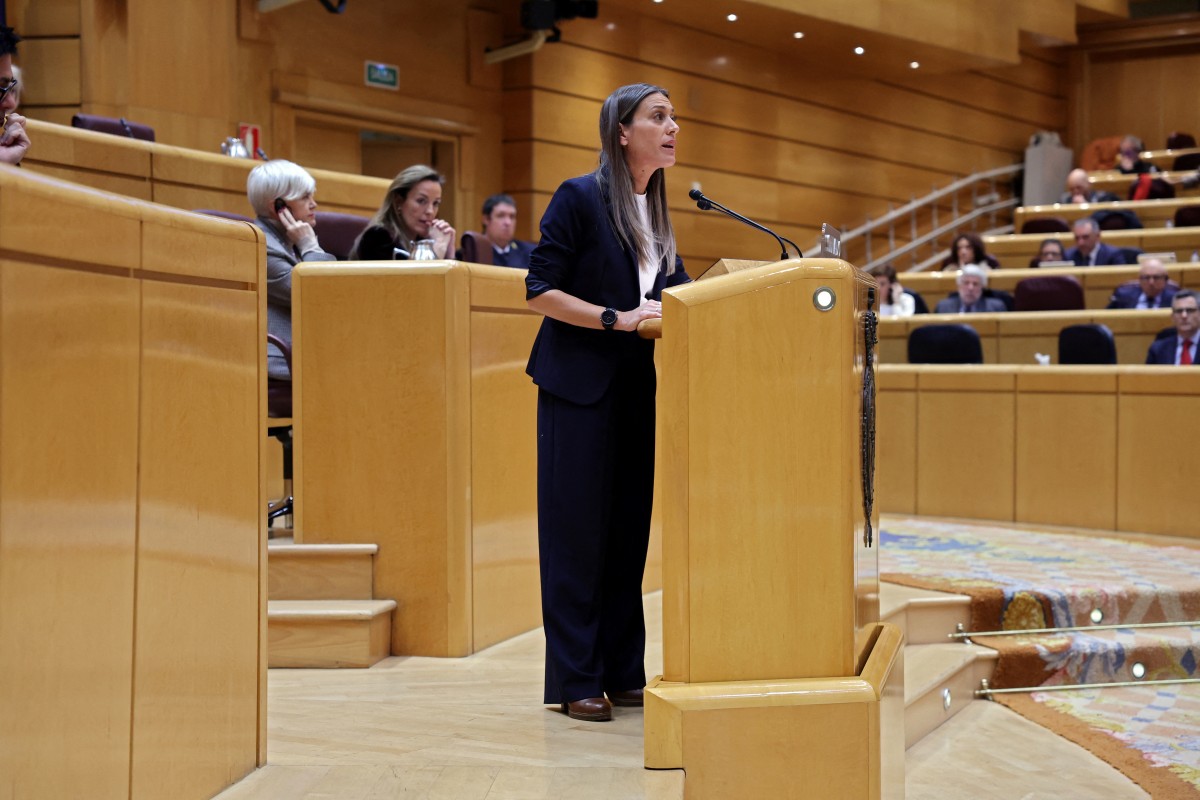
Tax
Another condition placed on support has been the publishing of regional tax balance sheets. The Generalitat wants tax data made public in order to compare Catalonia to other regions and consider the relative weight of regional debts.
However, Spain’s Association of State Tax Inspectors (IHE) has warned that the aim of pro-independence groups is to “justify the ‘Spain robs us'” (España nos roba) narrative, a common refrain from separatists that essentially argues that the Catalan economy puts in more than it receives in return from the Spanish economy, particularly in terms tax contributions.
The IHE fears that publishing the balance sheets could be a first step to achieve the creation of a Catalonian tax agency, something some separatists have long demanded.
Big business
Junts has also demanded that the Generalitat is allowed to fine companies that fled Catalonia during the political instability of the 2017-18 period and moved their headquarters or offices to other parts of Spain.
Major companies including Banco Sabadell, Allianz, Fundación La Caixa and Bimbo, all relocated amid the political uncertainty, and Junts are now demanding they be fined if they do not return to the Catalan region.
Between October and December 2017 alone, 1,298 companies left Catalonia, more than half of the 2,175 that left the region in the first three months of the conflict.
In total, up until 2023, over 8,000 companies left Catalonia.
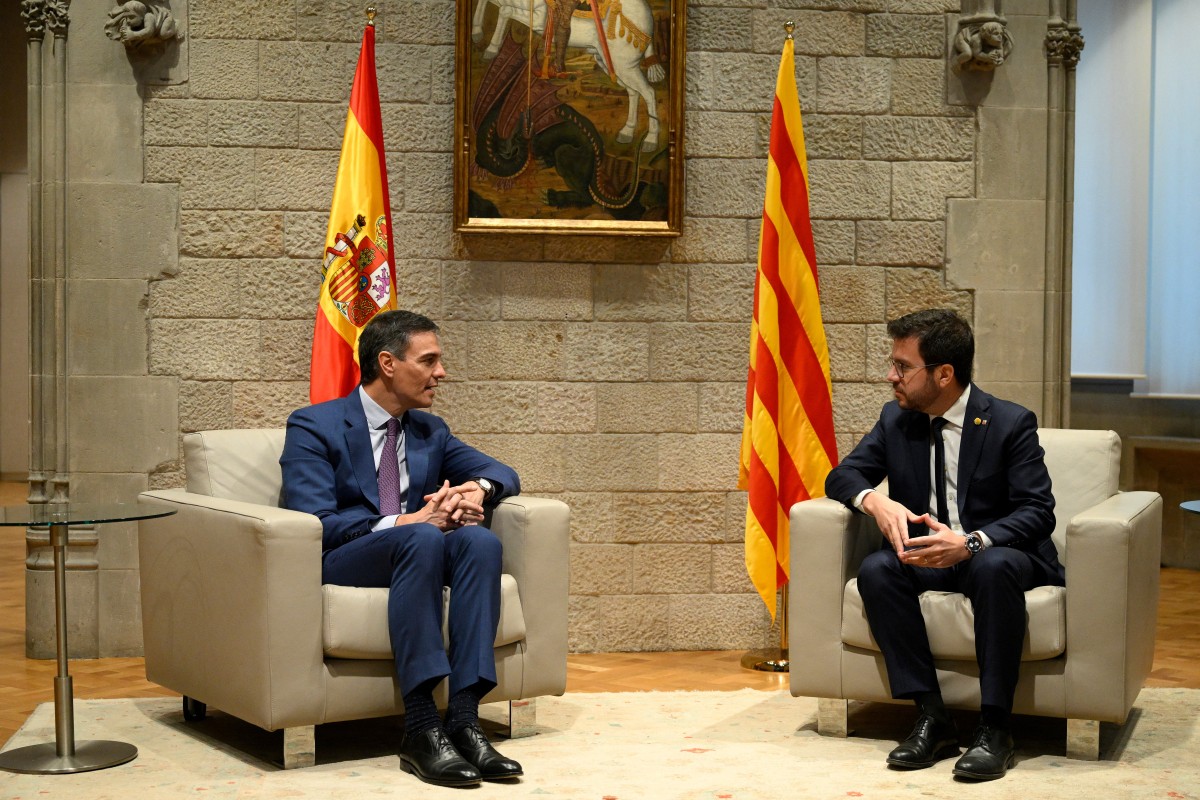
Transport
These concessions (however vague they are for now) come on the back of more concrete gains for the Catalan separatists in recent months, however. In November, Sánchez’s PSOE and ERC agreed to transfer control of Rodalies, Catalonia’s regional rail service, to the Generalitat.
Technically speaking, the Generalitat has controlled Rodalies since 2010 but the resources were never properly transferred. ERC suggests the former deal was “fake” and gave them powers over train times only, whereas this deal made in the aftermath of Sánchez’s investiture vote (which he only won with the support of Junts and ERC members) is more wide-ranging.
READ ALSO: Catalonia takes full control of Rodalies trains from Spain in win for separatists
Is Catalonia slowly becoming ‘independent’ on the sly?
It is worth noting that although these concessions have gained wide coverage in the Spanish press and are viewed as political victories by Catalan separatists (or capitulations by Sánchez critics) many of the issues, notably on immigration, tax, big business, lack any real detail and it is unclear how they would work practically.
Yet, the fact that Junts could essentially hold the Spanish government to ransom in its first vote is significant. Is this normal political bargaining or is it the beginning of a long road to independence?
Sánchez supporters argue that including Junts, as well as ERC and other separatist parties such as Basque separatists EH Bildu, is an exercise in democracy and open dialogue, and suggest it is better to have these forces within the democratic system rather than working against it.
Critics, however (which have come from both the left and right) say it’s a cynical ploy to cling onto power and that Sánchez — and by extension Spain — is now beholden to the whims of a separatist political force that doesn’t even want to be part of the national project.
More extreme interpretations hold that Junts, including controversial leader Carles Puigdemont, are criminals who deserve to be in jail. PP Alberto Núñez Feijóo has called the deal with Sánchez ‘blackmail’.
A more nuanced position views Junts’ demands in return for votes as political horse trading that simultaneously keeps Sánchez in power (and thus keeps out the far-right, his main electoral pledge) whilst also playing into the long-term aims of the independence movement by building up institutional experience.
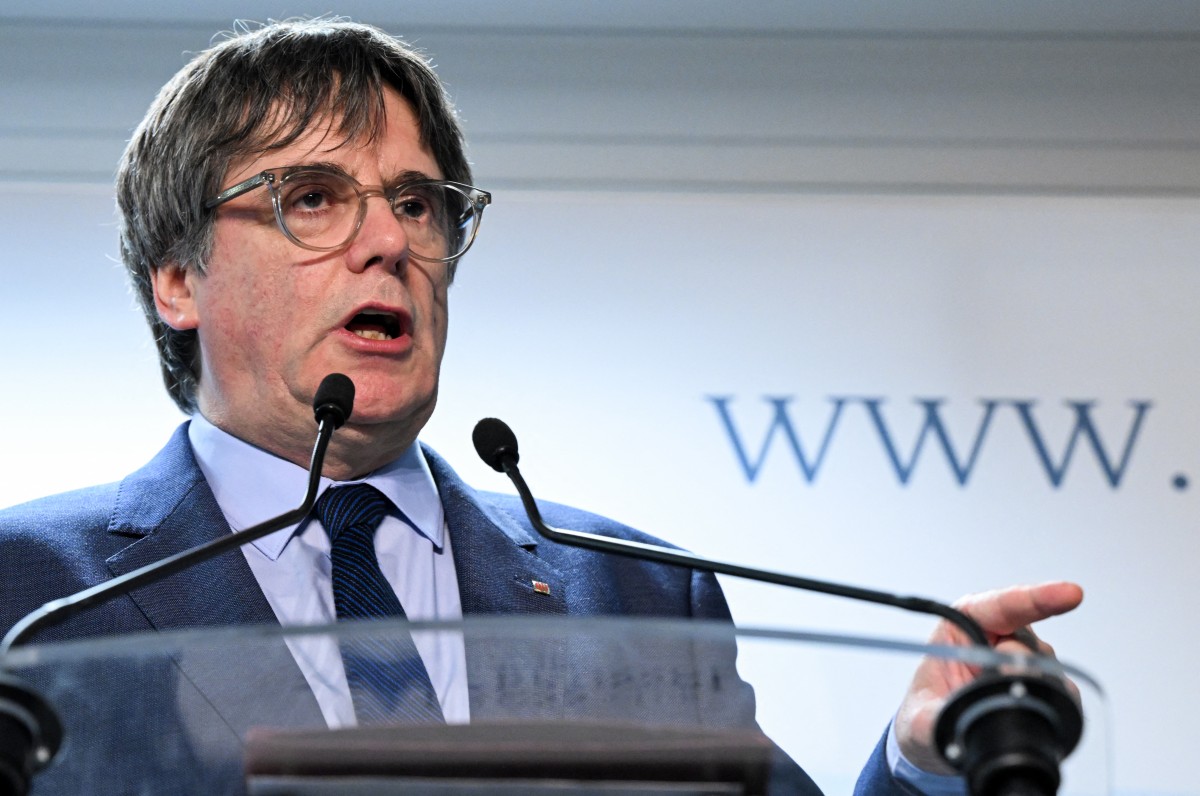
Put simply, Catalan separatists know they’ll likely never have another opportunity to squeeze concessions out of the Spanish government, and are taking full advantage.
Many in the Spanish media view the Catalan demands as an attempt to take control of ‘state structures’ in order to further the independence movement.
If the Generalitat wins full control of tax and immigration, on top of transport and an increased international profile, it will, the logic goes, make the case for independence easier further down the line. That is why some view these concessions, and the Sánchez-Junts deal more broadly, as the first steps on a slow-burning road to independence.
However, Sánchez’s courting of Catalans over the last five years (the ERC backed the previous government too) has led to a fall in the separatist vote overall. Despite the recent controversy of the amnesty deal, Sánchez has, many would argue, successfully taken the sting out of the Catalan question by cooperating with them. Despite the PSOE’s poor results overall in the July general election, the PSOE vote share increased in Catalonia.
Sánchez says it is better to have Junts and ERC involved than outside the political mainstream. “Is it worth making our democracy better, more complete, by bringing into the system political parties that until the day before yesterday pushed for a unilateral declaration of independence?” he told El País recently, “the answer is emphatically yes.”
Nevertheless, if the first vote of the year is anything to go by, Sánchez is going to be walking a political tightrope moving forward.
Every vote, every piece of legislation, could now require further painstaking political calculations and concessions in order to stay in power. If not, his government could be short-lived.
Sánchez has made concessions, and yet it is unlikely the demands will stop.
KEY POINTS: What’s in store for Spanish politics in 2024?

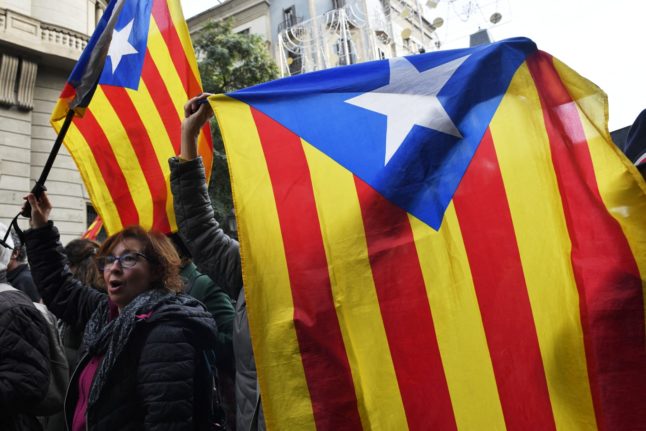
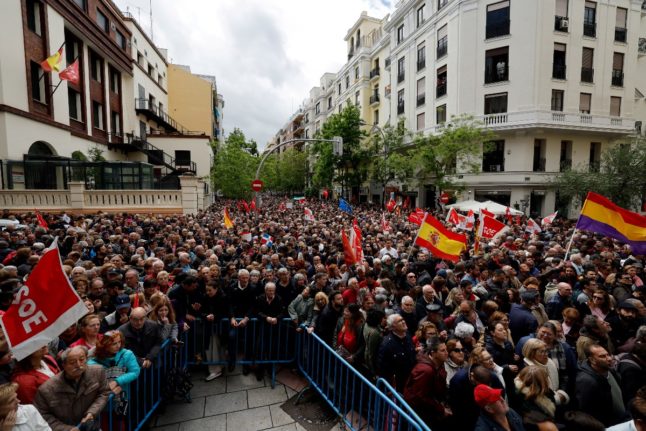
 Please whitelist us to continue reading.
Please whitelist us to continue reading.
Member comments